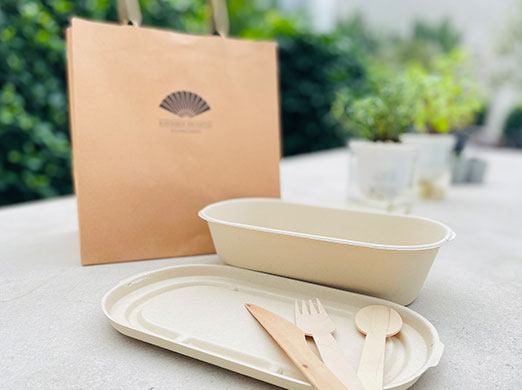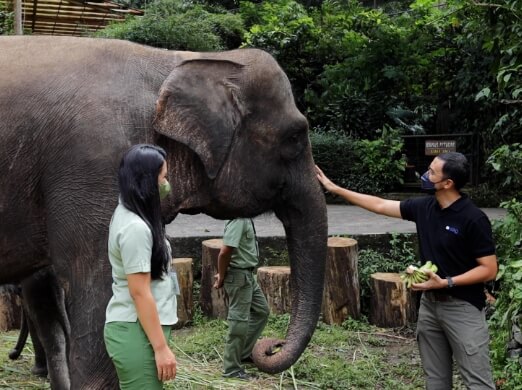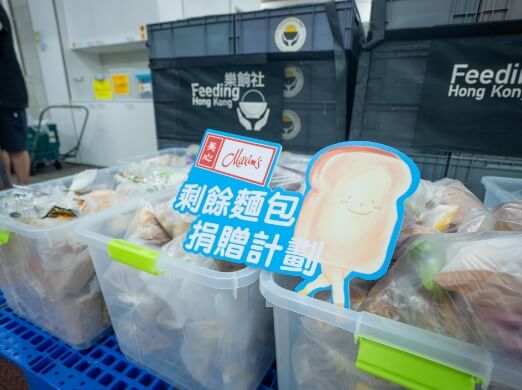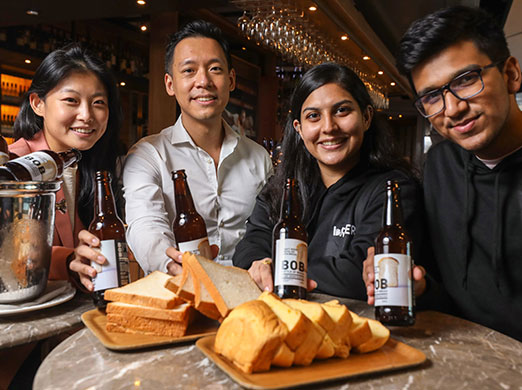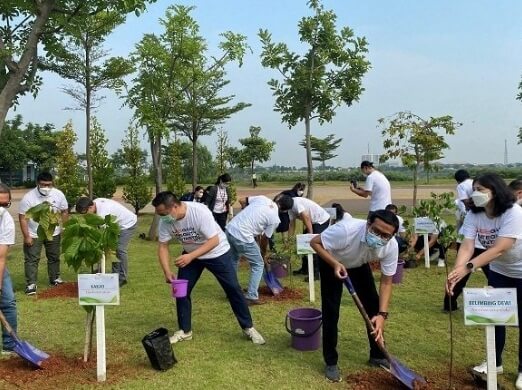Driving
Responsible Consumption
We want to be part of a shift to
more responsible growth that will not only sustain
purposeful employment and nourish human health, but also conserve the environment and
natural
resources for future generations to enjoy.
According to the Global Risks Report concerns
about the health of our planet dominate
risk perceptions among both experts and world leaders in business, government, and
civil society over
the short, medium and long term.
Rising commodity prices and volatility are exposing the limits of a linear economic
system
characterised by “take-make-throw” business models. At Jardines, we believe that circular approaches
to business can offer viable and
desirable
alternatives. In our own operations and supply chains, we aspire to do more with
less, make better use
of natural resources, reduce waste at source and transform waste into new resources.
According to the Global Risks Report concerns about the health of our planet dominate risk perceptions among both experts and world leaders in business, government, and civil society over the short, medium and long term.
Rising commodity prices and volatility are exposing the limits of a linear economic system characterised by “take-make-throw” business models. At Jardines, we believe that circular approaches to business can offer viable and desirable alternatives. In our own operations and supply chains, we aspire to do more with less, make better use of natural resources, reduce waste at source and transform waste into new resources.

Key considerations for Jardines’ responsible consumption strategy
China and Asia more broadly will continue to experience rapid economic growth and urbanisation, placing increasing demand on natural resources
Policy and regulatory frameworks present barriers as well as opportunities for innovation in the circular economy
Resource Efficiency and Circularity
In the context of the Group’s sustainability strategy, responsible consumption focusses on reducing negative impacts and promoting positive impacts from the Group’s operations and value chain in three key areas: plastic, food and nature.
Plastic is an important environmental challenge that all BUs need to address. Reducing food waste, enhancing food security and promoting sustainable food are imperative for meeting the needs of a growing population in the face of climate change. We aim to promote circularity to utilise the resources that would otherwise be disposed as waste. In addition, biodiversity which supports climate resilience is increasingly important around the world and is relevant to several of our businesses and their supply chains.
The Responsible Consumption Working Group has been established and is working to identify opportunities to leverage the Group’s scale for optimising the Group’s contribution to resource efficiency and circularity.

Source: 2021 Operation Santa Claus
